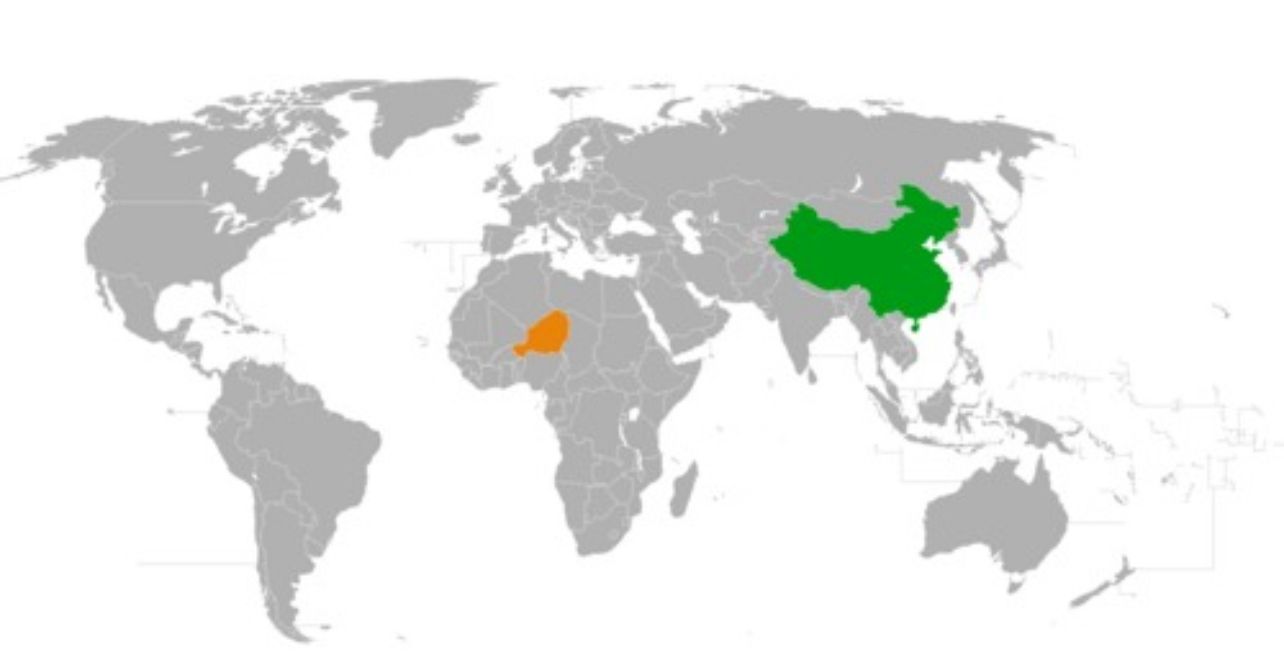In a stunning flex of nationalist muscle, Niger’s military junta has expelled top Chinese oil executives and shuttered a landmark Chinese hotel—tearing through the facade of Beijing’s long-touted “win-win cooperation” with Africa.
The abrupt move saw executives from three major Chinese oil firms—China National Petroleum Corporation (CNPC), Société de Raffinage de Zinder (SORAZ), and the West African Oil Pipeline Company (WAPCO)—given just 48 hours to leave the country. According to the Alliance of Sahel States, these companies had shown a “flagrant disregard” for Niger’s sovereignty over its natural resources.
This isn’t just a diplomatic fallout. It’s a clear and calculated rejection of what many Nigeriens see as decades of exploitative, one-sided arrangements masked as development partnerships.
The junta’s accusations paint a classic picture of neocolonial resource extraction: refusal to adopt fair wage scales, failure to meet local supplier quotas, lack of investment in local talent, and a deliberate stonewalling of technology transfers.
Niger’s Oil Minister Sahabi Oumarou made the stakes plain. The average monthly salary for a Chinese employee in Niger, he said, is $8,678. For a Nigerien in the same role? Just $1,200. “We are not satisfied with the way in which wealth is distributed between the state of Niger and the partner,” Oumarou said—a diplomatic understatement for a nearly sevenfold pay gap.
To drive the point home, the government also revoked the operating license of the Soluxe International Hotel in Niamey—a lavish, eight-hectare symbol of Sino-Nigerien cooperation inaugurated in 2013. The Tourism Ministry cited “discriminatory practices and abusive prohibition of access to other nationalities,” unauthorized expansion, and data manipulation to dodge tourism levies. Once a crown jewel of China’s soft power in West Africa, the hotel now stands as a symbol of broken promises.
These moves are no accident. Last August, the junta issued Ordinance No. 2024-34, aimed at ensuring “national wealth goes primarily to the benefit of Nigeriens.” The Chinese companies’ alleged defiance of this vision made their removal inevitable.
It also marks a broader shift in Niger’s foreign policy. The junta has cut military ties with traditional Western partners like the U.S. and France, seized a French-operated uranium mine, and begun cozying up to Russia and Turkey.
Some analysts argue the fallout with China also has financial roots. Sources suggest Beijing declined to extend further loans after Niger hit SORAZ with steep tax demands. CNPC, which owns 60% of SORAZ, had reportedly agreed to a $400 million investment as collateral for future oil deliveries—but the junta allegedly failed to uphold its end of a 2024 memorandum of understanding. Production at SORAZ has halted, and the government is now rerouting fuel imports through Nigeria, sidelining Chinese infrastructure.
The evicted executives are said to have landed in Lomé, Togo. Their firms now face an uncertain future in a country where rebel attacks and border tensions already plague Chinese investments, particularly the Niger-Benin pipeline.
The junta’s move echoes similar shifts in neighboring Mali, where the military has detained foreign mining bosses and seized gold in a bid to assert national control over extractive industries.
For Beijing, long eager to position itself as Africa’s friendlier development partner, Niger’s actions deliver a rude awakening. The message from Niamey is unambiguous: the era of foreign resource extraction without meaningful local benefit is over—regardless of whether the investor hails from the West or the East.
As Ibrahim Hamidou, head of communications for Prime Minister Ali Lamine Zeine, put it: “We simply ask the companies to pick a Nigerien sub-contractor when possible, and that a majority of the sub-contractors shouldn’t be Chinese.” In short: play by Niger’s rules—or don’t play at all.
The author is an Assistant Professor in International Relations, National Defence University
Ankit K.
